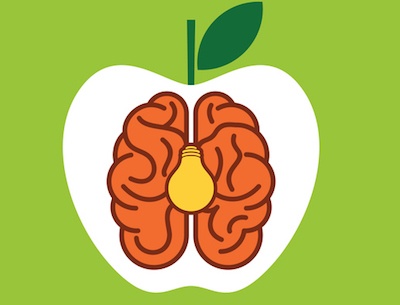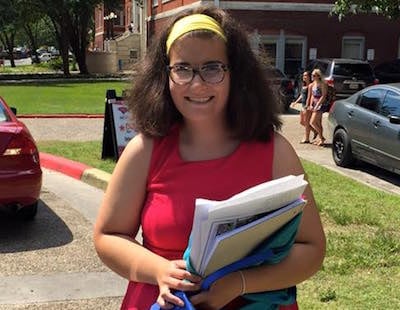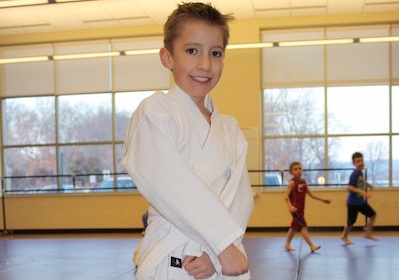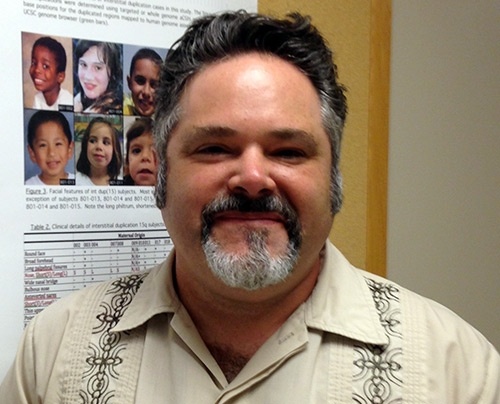Topics: Research
While genetic therapy has the potential to be transformative for Prader-Willi syndrome, the fact is genetic therapy technology is still in its early stages and it could be many years before it’s viable for PWS. While FPWR continues to move genetic ap...
Imaginative play has an important role in child development. Scientific evidence suggests that the ability to engage in "pretend play" may translate into increased abilities in social interactions and social-cognitive function. However, children with...
Topics: Research
Many of the clinical trials for therapies in PWS involve a drug treatment of some sort. However, there is also ongoing work exploring other ways to improve behaviors and possibly hyperphagia (excessive appetite) in PWS. One such approach is transcran...
Topics: Research
This article is adapted from a presentation by Jennifer Miller, Ph.D. Both children and adults who have been diagnosed with PWS will show symptoms of growth hormone deficiency including low muscle mass and poor cognitive development. Human growth hor...
Topics: Research
This article is adapted from a presentation by Jennifer Miller, Ph.D. Human growth hormone therapy for PWS been proven to improve characteristic delays in physical and social development, and the cognitive benefits of human growth hormone for PWS are...
Topics: Research
A special contribution by guest blogger Loraine Hernandez Loraine shared her story via our Stories of Hope questionnaire. How has your child exceeded your expectations? With the horrible scenario at the hospital when she was born, I really didn't hav...
Topics: Stories of Hope
You may have seen requests for parents to donate the lost baby teeth of their children with PWS for research. What can these baby teeth do for Prader-Willi research? The answer is that Dr. Lawrence Reiter has implemented a novel technique for studyin...
Topics: Research
The potential overlap between PWS and symptoms of autism spectrum disorder (ASD) has been the subject of discussion and research for some time now. In the past, research found estimates of autism in people with PWS to be as high as 41%. But on June 5...
Topics: Research














